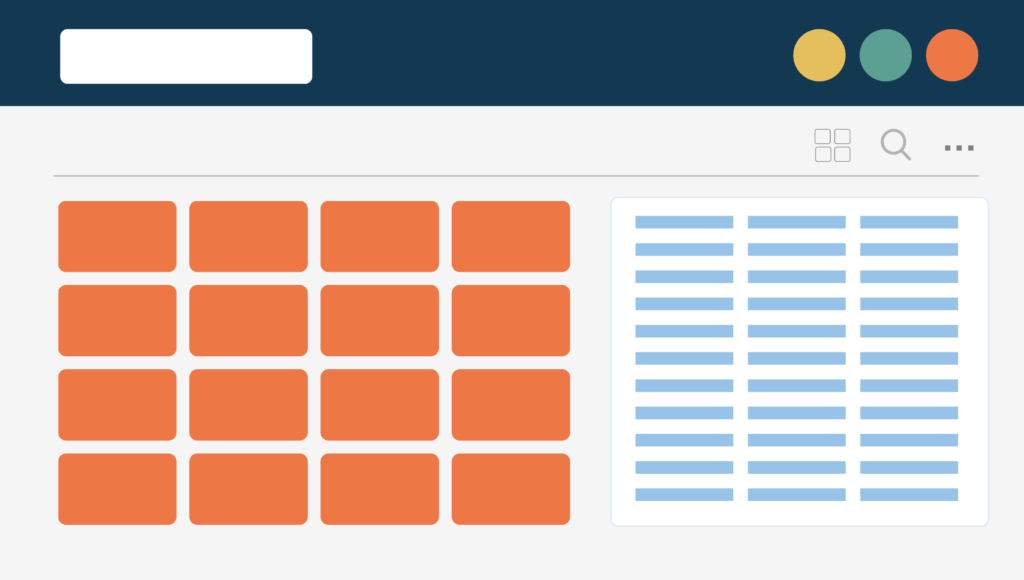
The Mental Healthcare Act, 2017 (MHCA) is a progressive law that provides for mental healthcare access and the protection and promotion of the rights of persons living with mental health conditions. However, seven years after the enactment of the MHCA, the fundamental provisions necessary for its effective administration are often unimplemented. To better understand gaps in its implementation and move in the direction of rights-based mental healthcare for everyone, we at the Keshav Desiraju India Mental Health Observatory (IMHO) developed the MHCA Implementation Tracker (MHCA Tracker). The Tracker maps fundamental aspects of the Central Mental Health Authority (CMHA) at the National level and State Mental Health Authorities (SMHAs) and Mental Health Review Boards (MHRBs) at the States and Union Territories (UTs) ranging from the status of their constitution to their funding. The data available in the Tracker has been sourced from government orders and notifications, meeting notes of the State Mental Health Authorities, credible news articles, and through information from individuals and organisations working in the mental health sector.
The first iteration of the MHCA Tracker was launched in 2022. Since then, we have given the Tracker a new easier-to-navigate look, along with major content updates. The questions in the MHCA Tracker reflect key provisions of the MHCA, with separate National and States & UTs Trackers presenting information corresponding to these provisions. It also contains a newer provision about contact information of SMHAs where available.
The CMHAs, SMHAs, and MHRBs are at the core of the Tracker and the implementation of the MHCA. CMHAs/SMHAs are regulatory bodies set up by the Central and State Governments respectively for implementing the MHCA, laying down minimum standards for mental health care services, registration of mental health establishments, registering mental health professionals, etc. On the other hand, MHRBs are quasi-judicial bodies constituted for districts, with responsibilities including but not limited to receiving and adjudicating on complaints from persons with mental illness, their caregivers, or nominated representatives in case of any violation of rights or deficiencies in care and services.
The Tracker reveals that at present, 26 states and 3 union territories have constituted an SMHA. Despite this, most of the provisions of the Act remain unenacted in several parts of the country. For example, only 8 states in India have issued the state mental healthcare regulations and so far, only one-third of the states and UTs have notified the SMHA Rules that regulate delivery of mental health services and protect rights of persons with mental illnesses. Another visible gap in implementation is the SMHA fund. Merely 20% of the 36 states and UTs have constituted this fund, which is crucial for the expenses incurred by the SMHA. For most states, there is no publicly available contact information for the SMHAs. At present, only 16 states and no union territories have formed MHRBs, making it harder for mental health service users to access redressal services whenever the need arises. A promising state showing steady growth in the implementation of the MHCA is Karnataka, having successfully operationalised MHCA implementation in majority of the parameters of the Tracker. On the other hand, the CMHA checks the bulk of the boxes, but it still lags on notifying pivotal documents such as digital registers of mental health professionals and mental health establishments.
The Tracker has been designed to function as a key resource across stakeholders, including persons with mental health conditions, caregivers, civil society organisations, policymakers, government officials, media professionals, and relevant individuals and groups to foster advocacy and dialogue around the implementation of the MHCA. Through the Tracker, we aim to bridge information gaps and support evidence-based research and policymaking by providing structured data on mental health governance across India. The Tracker is designed as a collaborative platform and we invite individuals, researchers, policymakers, and organisations to contribute updated resources and help ensure the Tracker remains current and comprehensive.
Access the details for the MHCA Tracker here. Please contribute to this resource by sharing updated information from your respective states or at a national level along with official data source through this form or by sending them to imho@cmhlp.org.
